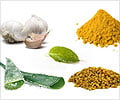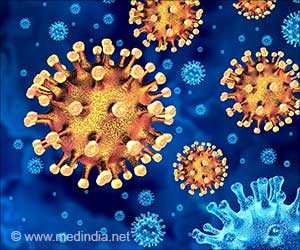Venkaiah Naidu stressed the need for some indigenous, cost-effective options that may be useful in making cancer treatment more affordable.

"Cancer is a major public health concern in India and has become one of the 10 leading causes of death, and its treatment is also very costly," he said.
Suggesting screening of people to help early detection of cancers, he also said that people must go back to their roots, especially in the way of living and thinking.
Naidu further urged the need to create awareness among the youth on the need to lead healthy lifestyles and avoid consumption of junk food, besides stressing the need to increase the number of palliative care centers in the country.
The Vice President asked medicos and medical students to stress on the need for maintaining sanitation and observing personal hygiene since lack of personal hygiene can cause infections like HPV which in turn has the potential to cause cervical cancer.
It is estimated that India's cancer burden is likely to increase from an approximate one million cases in 2012 to around 1.7 million by 2035.
Advertisement
Of the total, a staggering 40 percent of patients to the TMCH come from Maharashtra alone - including 15 percent from Mumbai - while the remaining 60 percent are from rest of India.
Naidu gave away graduation certificates to the successful students and also released a navigation programme for patient care, KEVAT on the occasion.
According to TMC director R. A. Badve, the Advanced Diploma in Patient Navigation (KEVAT) would create a trained task force to facilitate the patient's journey right from entry to the hospital, to follow-up, and getting back to normalcy, taking care in addition to emotional, financial and other needs in a holistic manner.
The one-year full course, first of its kind in India, is being launched in collaboration with Tata Institute of Social Sciences with support from Tata Trusts.
Source-IANS















